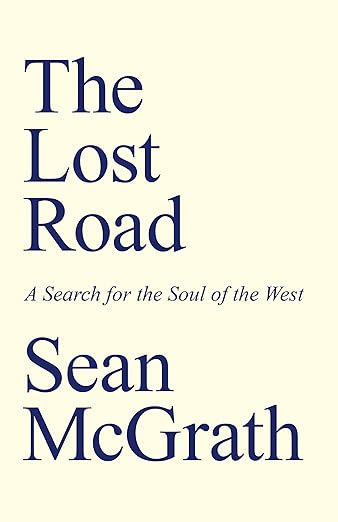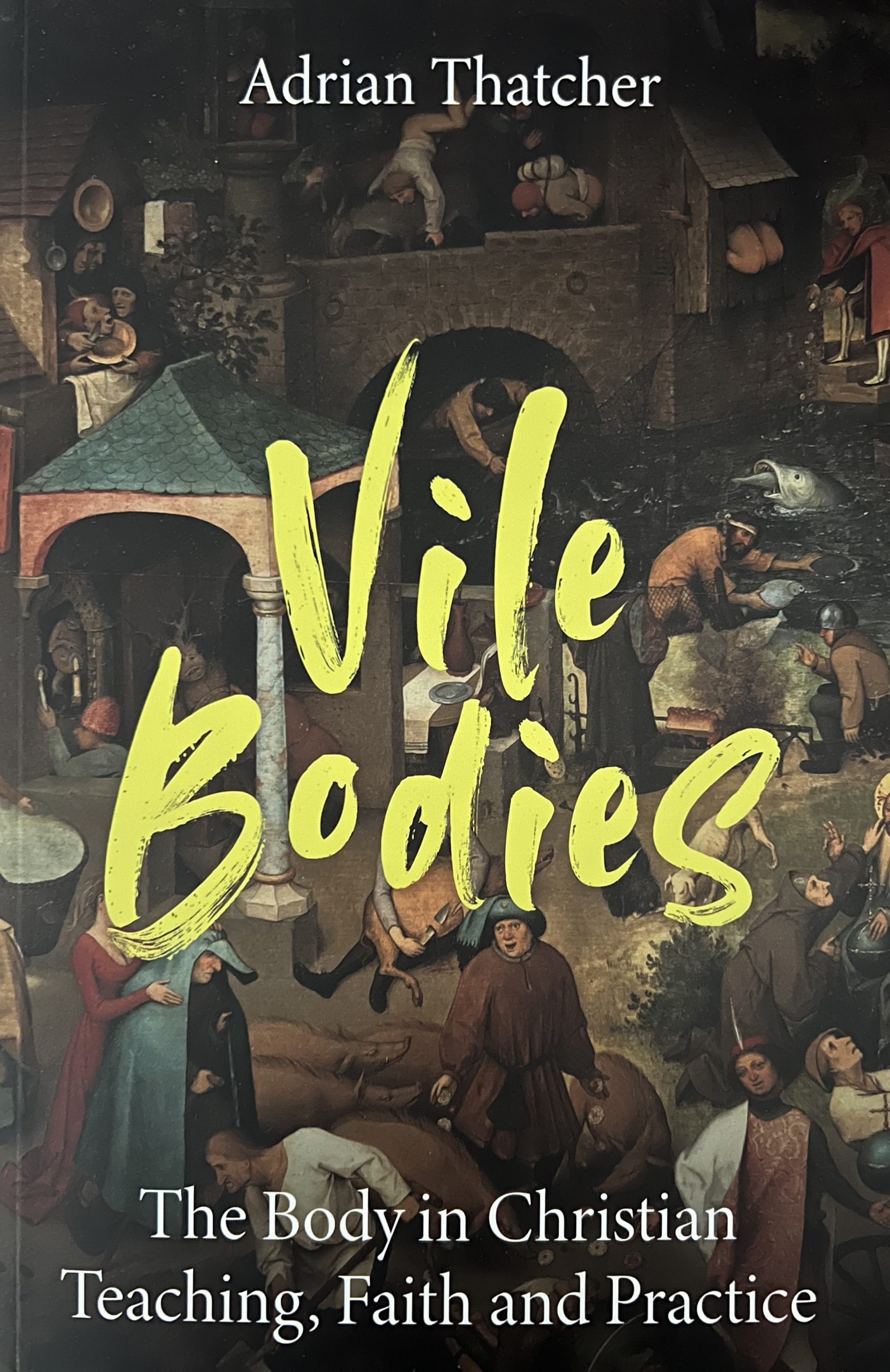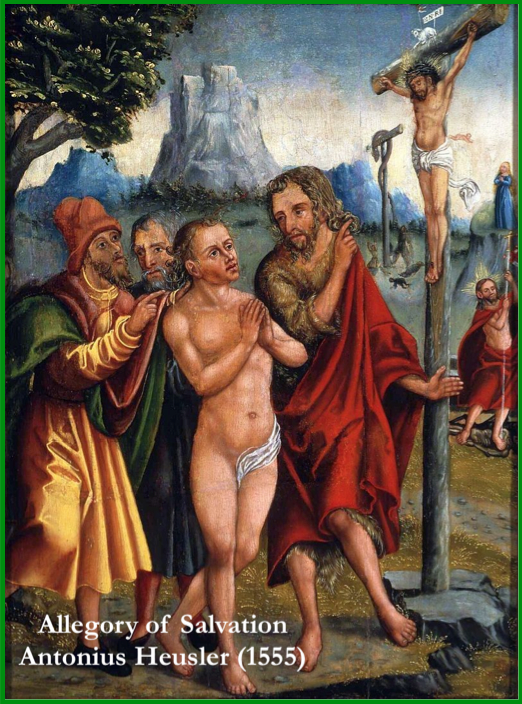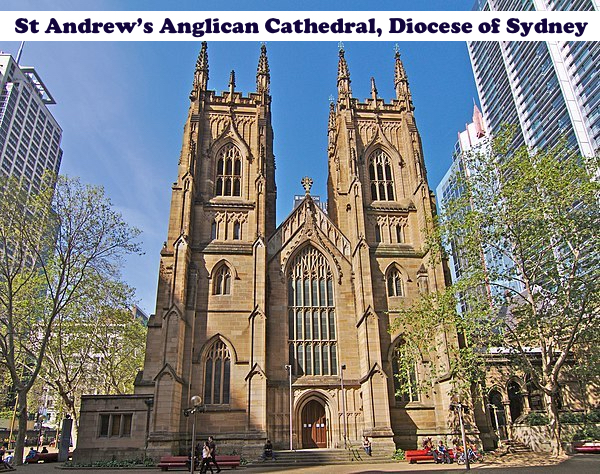Theology
THE LOST ROAD A Search for the Soul of the West – Sean McGrath
Hugh Valentine reviews Sean McGrath's 'The Lost Road - a Search for the Soul of the West" - he writes: Sean McGrath’s position is that the Christian West has lost familiarity with the mystical and contemplative sinews it once knew. The cost of this is a loss of depth, a depth that bestows resilience in the face of life’s exhausting and dehumanising demands. This loss, he claims, is in major part the cause of the consumerist malady that is now global. He says that it is the Christian West that has inadvertently brought that about. ... CLICK ON PICTURE TO CONTINUE
Review: What Christ? Whose Christ? Alan Race & Jonathan Clatworthy (Editors)
Jason Plessas writes: For a book that sets the Nicene Creed among other things in its sights, What Christ? Whose Christ? reads in some ways like a credal rededication to the founding principles of Modern Church, the liberal Christian theological society to which its editors Alan Race and Jonathan Clatworthy belong. The pair’s introduction relays the book’s antecedence in a 1921 conference at Girton College, Cambridge, entitled ‘Christ and the Creeds’, held by a group of Anglican modernists called the Churchman’s Union which across the ‘20s “debated, and largely doubted…the physical resurrection of Jesus, the Virgin Birth, miracles and the realist and ransom doctrines of the Atonement”. Race and Clatworthy enthusiastically adopt the CU’s mantle, as the book “continues this spirit of critical enquiry first highlighted at the turn of the twentieth century and yet often still resisted at the turn of the twenty-first.” Where is this Churchman’s Union then, you might ask, if its work of the last century goes uncompleted in this one? It became ecumenical and now operates under a different name. You guessed it: it’s Modern Church, of course! In its promises of bearing the flame of theological free enquiry, What Christ? Whose Christ? does not disappoint. ... CLICK ON PICTURE TO CONTINUE
Vile Bodies – The Body in Christian Teaching, Faith and Practice
Dr. Gill Atkinson writes in her review of Adrian Thatcher's book: “Vile Bodies” is an extraordinarily well researched and in-depth study. As the title suggests the book is an account of the human body as a disgusting thing in Christian teaching, faith and practice; the term “vile” used by St Paul to describe his own body. An historical, theological and sociological approach is taken to the examination of cultural norms, taboos and practices which have resulted from, and fed into, Church scripture and teachings. In the introduction the author tells us that, the all-powerful idea in the Christian tradition that the body is vile has had a huge negative influence on millions of people past and present and that the purpose of the book is to explore why this happened, continues to happen and what can be done about it. ...
Proclaiming the gospel of salvation
In a 'Letter to the Editor', Vivienne Hayward responds to The Rev'd Dr. Canon Hayley Matthews' recently published paper 'Towards a radical theology of lay ministry': As a cradle Anglican and a lay woman I strongly affirm Canon Hayley Matthew’s post Towards a Radical Theology of Lay Ministry in which she describes ‘disciples mak[ing] disciples, through service to their communities, exemplary work ethics, pastoral care, lunchtime conversations about where we went last weekend, seasons of invitation and kindly cards of condolence—nothing ground breaking at all, in fact, just the gentle lapping of a love that will not let us go.’ ‘This is the essence of Lay Ministry,’ she says, ‘to bring the Gospel to wherever we are ... by being the Good News wherever we are placed.’ As a teacher I also strongly affirm that ‘it is vitally important to develop a solid foundation for our faith internally if we are to express it externally, but equally important that we are then disciples with a confident grasp of the Gospel. Consequently, we can have those awkward conversations over the water cooler about why someone’s parent is suffering so as their life nears its end, or how God can let their colleague’s child succumb to cancer.’ No Anglican that I know would dispute this. The question is, though, ‘to what end?’ about which there is certainly no consensus. Central to this difference of understanding is the meaning of ‘salvation’. ...
Deconstructing Sydney Anglicanism: Past, Present and Futures
The Very Rev'd Professor Martyn Percy writes: I am grateful for this opportunity to reflect on what is known as ‘Sydney Anglicanism’. Grateful, because I am not sure it has much to do with Sydney, being Anglican, or even Evangelical. As any social anthropologist will tell you, labels are simultaneously relative, subjective, absolute and objective. At least, that is, to the person deploying the terminology. Very few denominational labels were adopted by the group they now refer to. Anglican, Baptist, Methodist, Episcopalian – these are all nicknames used by others. The subject just gets stuck with the label. But they rarely help you to understand or accurately categorize a group. What is true, false, dangerous, safe, clean and unclean are wired into our shared worldviews, social functioning and mindsets ... Humans cannot avoid making a whole variety of judgment calls – every few seconds.
The Trinity – A gentle commendation
Professor Adrian Thatcher
Theatre and Theology as Transformative Encounter
– a critical analysis of Samuel Beckett’s ‘Waiting for Godot’, Harold Pinter’s ‘The Birthday Party’, & David Hare’s ‘Racing Demon’: The Rev’d Canon Richard Truss
Scripture, Reason and Tradition
The Rev’d Jonathan Clatworthy
Samuel Taylor Coleridge – A Theologian for our Time
The Rev’d Canon Richard Truss
The Fresh Air of Theological Liberalism
The Rev’d Canon Dr. Alan Race





